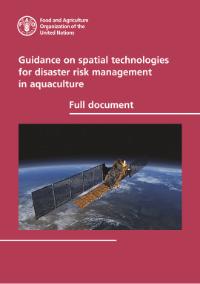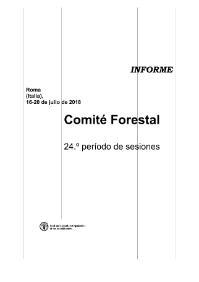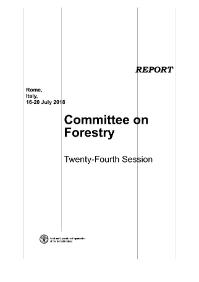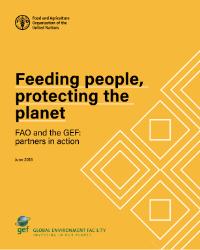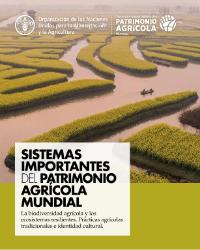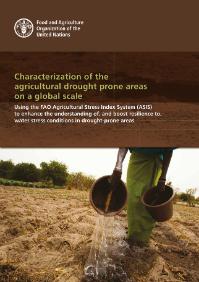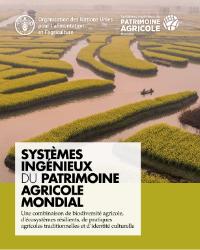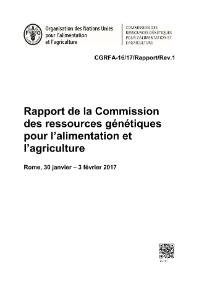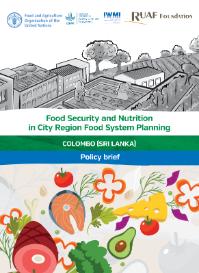This new guide describes the application of spatial technology to improve disaster risk management (DRM) within the aquaculture sector. DRM requires interrelated actions and activities to ensure early warning, prevention, preparedness, response and recovery for a wide range of natural,…
Report of the 24th Session of the Committee on Forestry
Report of the 24th Session of the Committee on Forestry
How to feed the world without degrading land and water resources, eroding biodiversity and contributing to climate change is among the greatest challenges of our times. FAO works with the Global Environment Facility (GEF) to support member countries in addressing the critical nexus between…
Durante siglos, los agricultores, pastores, pescadores y silvicultores han desarrollado sistemas agrícolas diversos y adaptados localmente, y los han gestionado con técnicas y prácticas ingeniosas que han perfeccionado con el paso de los años. Han sido los responsables de aportar a la humanidad…
Drought is one of the main causes of food insecurity. In 2011, the horn of Africa has faced the worst drought in 60 years. An estimated 12.4 million people suffered from a massive food shortage. To mitigate the impact of agricultural drought, it is of high importance to dispose of timely and…
Pendant des siècles, les agriculteurs, éleveurs, pêcheurs et sylviculteurs ont développé des systèmes agricoles diversifiés, adaptés à leurs conditions locales, en employant des techniques et des pratiques ingénieuses, éprouvées au fil du temps, afin de fournir un ensemble vital de services…
Meeting Name: Commission on Genetic Resources for Food and Agriculture (CGRFA)
Meeting symbol/code: CGRFA-16/17/Rapport/Rev.1
This report is the result of the implementation of an assessment methodology for Colombo and its city region food system (CRFS).Colombo stands as a unique city in Sri Lanka due to the complexity of its socio-demographic profile and the diverse food items that arrive through multiple channels.…
Colombo Municipal Council (CMC) is located in the center of Kandy-Colombo-Galle urbanization belt, where it forms the largest Local Authority (LA) of Sri Lanka and one of the oldest in South Asia, established in 1865. Together with 12 other LAs, it forms part of the Colombo district, which is…
This paper attempts to summarize available knowledge, and identify the gaps in that knowledge, on marine fisheries and fishery resources in the Bay of Bengal region. It provides information on Bangladesh, Burma, India, Indonesia, Maldives, Malaysia, Sri Lanka and Thailand—their marine fisheries…
Meeting Name: Asia-Pacific Fishery Commission (APFIC)
Meeting symbol/code: APFIC/18/INF-10

